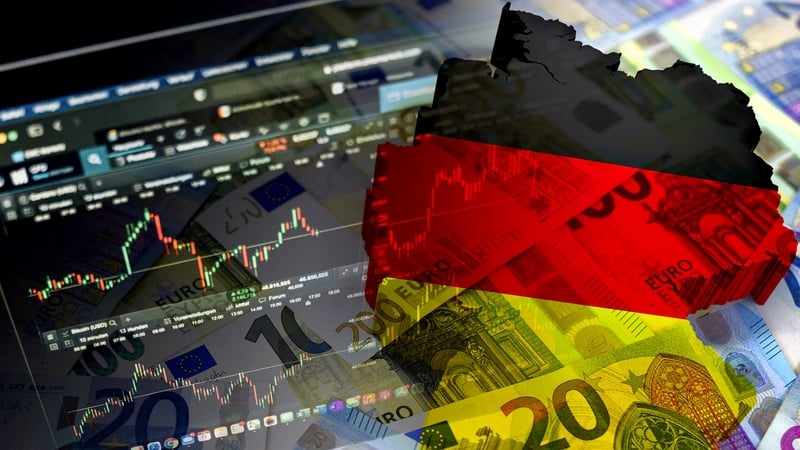Inflation eased in four sizeable German states in February, preliminary data showed today, suggesting Germany’s national inflation rate could also slow down this month, in line with analysts’ forecasts.
In Germany’s most populous state of North-Rhine Westphalia, the year-on-year inflation rate inched down in February to 1.9% from 2% in January.
That downward trend was reflected in the states of Hesse, Bavaria and Saxony, where the inflation rate lowered to 2.3%, 2.4% and 2.3%, respectively.
In Brandenburg, inflation remained unchanged on the previous month at 2.3% and in Baden-Wuerttemberg it increased to 2.5% from 2.3% in January.
National figures will be released later today, with economists polled by Reuters expecting harmonised inflation in the euro zone’s largest economy to ease slightly to 2.7% after a reading of 2.8% in January.
The German data comes ahead of the euro zone inflation release on Monday.
Inflation in the currency bloc is expected at 2.3% in February, down 0.2 percentage points on January, according to economists polled by Reuters.
The European Central Bank is expected to cut interest rates next week for the sixth time since June as inflation is now close to target and seen easing further in the coming months.




